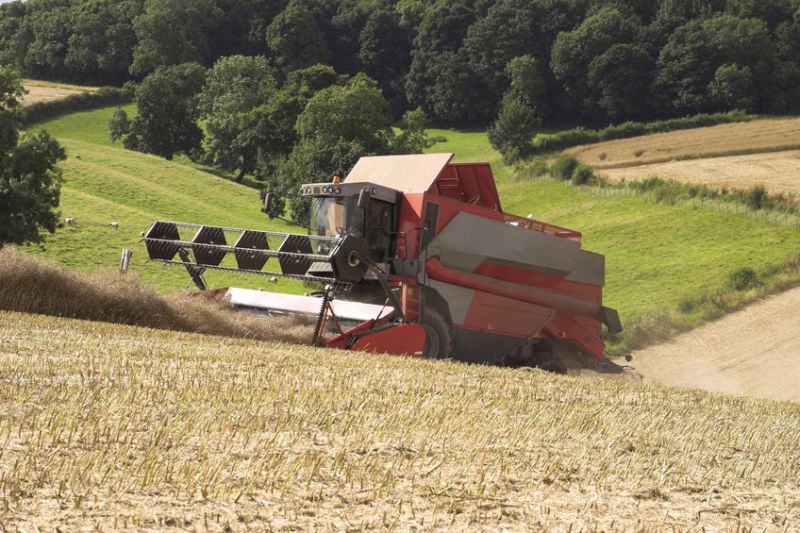
The number of farming co-operatives in the UK has dropped for the fourth time in five years, from 440 in 2018 to 434.
The continued decline has led to a warning that farmers must 'combat the threat' of multi-national corporations in the food supply chain.
The industry fears that the supply chain is getting controlled by 'fewer and fewer players' who 'want to take more money out of farmers’ pockets.'
The Co-op Economy, produced by sector body Co-operatives UK on Wednesday (28 August), finds that the number of farmer owners has fallen by 1.8%, to 153,486, though overall turnover is up to £7.9 billion from £7.8 billion.
Tim Wilson is CEO of Aspatria Farmers, a farmer-owned co-op which sources farming supplies for its 900 members operating across Cumbria, the north east and south-west Scotland.
He believes a united farming sector, with an increased number of farmer co-ops and more farmer members, is crucial to establishing more farmer influence and control.
He said: “There’s a need to get our act together and demonstrate that by co-operating we are stronger together.”
The UK’s use of the co-operative business model in the farming sector remains at a fraction of the levels found in the EU and other nations which could become competitors post-Brexit.
Farming co-ops account for a total domestic agriculture market share of just 6%. That figure pales in comparison to other European nations like Spain (45%), France (55%) and the Netherlands (68%).
MPs have called on the government to prioritise the development of co-ops in farming as a means of creating a 'more resilient' UK agricultural sector.
And co-ops are not just about buying and power and economies of scale, according to Mr Wilson. He said: “A co-op can also help farmers manage an increasingly complex business.
“Most farmers are time precious. You’ve farmers managing a farm twice the size that their ancestors managed – with half the personnel.
“By learning better practices, by innovating, by co-operating better, we’ll all do our jobs better.
He added: “Everybody who comes up a farmer’s drive is going to take money out of the farmer’s pocket. If you’re part of a co-op then the farming expert who comes up your drive is going to try to make the farmer more money.
“Without successful customers you don’t have successful businesses.”
Increasing farmers’ control over their produce is not about maximising profits, but is crucial to a farmer’s ability to innovate and create a sustainable business according to Co-operatives UK’s Agriculture Manager Richard Self.
He said: “Lack of co-operation and collaboration has helped create an imbalance of power within the supply chain, weighted heavily towards the retailers and dominant food processors.
“This in turn means primary producers struggle to have the financial return necessary to invest in new technology and skills.”
Co-ops operate across all sectors, from community-owned pubs to the UK’s biggest farmer owned agriculture businesses.
